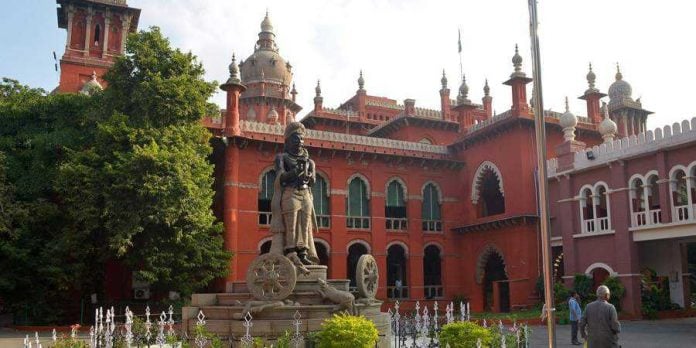The Madras High Court on Friday directed the state government to allow the conduct of the Kanuparivettai Festival. The Court said that since the government has allowed 100 percent occupancy in theatres and also permitted the conduct of Jallikattu, the Kanuparivettai festival should also be permitted.
A single bench of Justice G. R. Swaminathan passed this order while hearing a writ petition filed by Thirupathy. The petitioner, one of the Hereditary Trustees of the Sri Melaramanuja Kooda Dharma Paribalana Sabai, said Sabai conducts Kanuparivettai festival every year.
The petitioner’s apprehension was that in view of Covid-19 pandemic and other lockdown restrictions, he may not be granted requisite permission. When the government has permitted theatres to open with 100 percent occupancy, which was subsequently withdrawn, and Jallikattu is to be conducted, there is no reason to deny permission to the petitioner to conduct the petition mentioned event.
The petitioner’s counsel, on instructions, stated that he
would adhere to all the safety norms that may be prescribed by the District Administration as well as the Temple Administration.
The bench remarked,
“When the Government has permitted the theatres to open with 100 percent occupancy and Jallikattu is to be conducted, there is no reason to deny permission to the petitioner to conduct (Kanuparivettai Festival).”
To this, the Court said,
“The respondents (District Collector, Madurai District; Commissioner & Joint Commissioner, Hindu Religious and Charitable Endowment Department; Assistant Commissioner/Executive Officer, Arulmigu Koodal Alagar Thirukovil, Madurai) are directed to permit the petitioner to conduct the petition mentioned event.”
Also Read: Delhi HC allows medical termination of 28-week pregnancy on AIIMS doctors’ report
The state’s response in a batch of public interest litigation petitions challenging the government order, the Madurai Bench of Madras High Court directed that 50% seating occupancy should be maintained in theatres till today. While noting that pandemic does not bother about the consequential economic factors nor does it respect boundaries.


